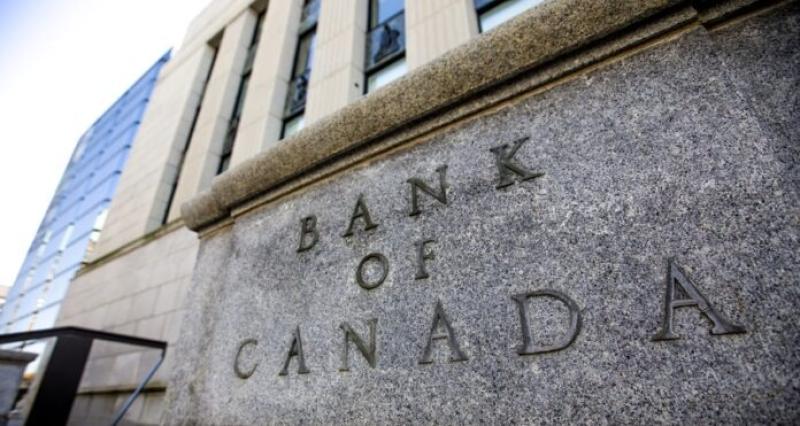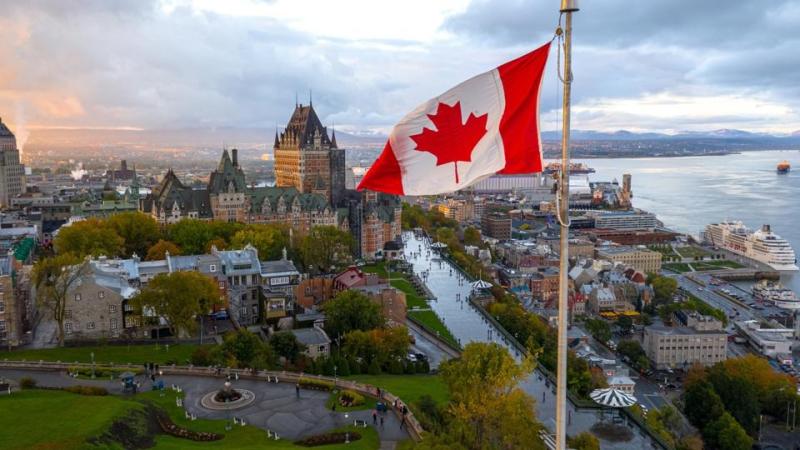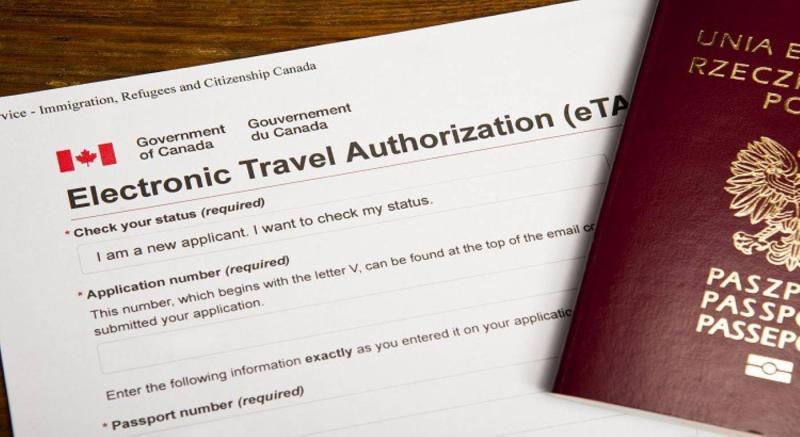The Illusion of Multicultural Harmony

Canada, a beacon of inclusivity and diversity, has long prided itself on being a nation where people from all corners of the globe can coexist, contributing their unique cultures to the rich tapestry of Canadian life. The idea of multiculturalism embraced over forty years ago promised a future where the children of immigrants would blend seamlessly into Canadian society, growing up as part of this nation's progressive, modern, and civil ethos. However, the reality today harshly contrasts this ideal, suggesting that the concept of multiculturalism may be far more complex than originally envisioned.
As new waves of immigrants arrive, many find themselves clinging to their cultural practices, often to the exclusion of integrating into the broader Canadian culture. This resistance to cultural assimilation has led to a growing sense of isolation and, in some cases, significant disharmony between immigrant communities and long-standing Canadian citizens, highlighting the negative impact of cultural resistance.
The descendants of families who immigrated to Canada over a century ago often express a somewhat naive appreciation for diversity. A conversation I once had with individuals from such families revealed their view of multiculturalism as a delightful way to experience different cuisines. While this sentiment is well-meaning, it overlooks the profound complexities and challenges that come with integrating cultures from over 200 countries. These complexities are further compounded by the diversity of ideologies and cultural practices that exist within a single country.
Initially, the belief was that the children of immigrants would naturally adopt Canadian values and norms, gradually dissolving into the mainstream culture. Yet, over time, this expectation has not entirely materialized. Instead, we see many recent immigrants maintaining their cultural identity with an enthusiasm that resists integration. In some communities, this has led to a visible shift in the cultural landscape, where the traditions and values of the new arrivals are beginning to dominate, rather than blend with, the Canadian way of life.
This cultural entrenchment is not without consequences. Take, for example, a friend of mine who recently moved into a new development in Mississauga, a neighbourhood predominantly populated by immigrants from regions marked by religious oppression, fanaticism, and radicalism. She has encountered intrusive inquiries from her neighbours regarding her religious beliefs and why she does not wear any symbols of her faith. This situation has left her feeling uneasy about her surroundings, particularly as she perceives a growing sense of religious imposition from some of her neighbours.
Such experiences underscore the potential hazards of unchecked multiculturalism. While everyone in Canada can practice their beliefs, there is a fine line between exercising that freedom and imposing one's ideology on others. The latter threatens the very fabric of the modern Western civilization that Canada represents—a society founded on liberal values, free thought, and mutual respect.
In our pursuit of inclusivity, we must recognize the dangers of allowing cultural enclaves to form at the expense of national cohesion. The challenge lies not in welcoming new cultures but in ensuring that this diversity does not lead to isolation or undermine the progressive values that define Canadian society. As we continue to navigate the complexities of multiculturalism, it is essential to strike a balance that allows for cultural expression without compromising the unity and harmony of our nation, the nation that used to set an example of civility, modernity and progression.


















